
‘A World Without Funding’ is set in the year 2027, when the climate change emergency will desperately drive most of the world’s states and their economies to a consensus and coordinated effort to curb global warming. In an unprecedented avalanche of action, drastic measures will be put into effect, such as vastly eliminating the consumption of coal, oil, and natural gas in most countries, as well as earmarking all available public and private resources for the next decade. As a consequence, all public and private funding, scholarships, aid and competitions for artistic creation, urban planning and humanities have been eliminated.
Following these efforts, Academies of Art and Art Faculties have drifted into creative hubs to help policymakers and the public understand the choices in front of us —and what’s at stake if we don’t choose wisely; giving back to society new knowledge, tools, methods and tactics to help it dive into the present and build the future. For the time being, Art is still valuable but only in its capacity to help limit climate change, reduce poverty and improve quality of life for everyone.
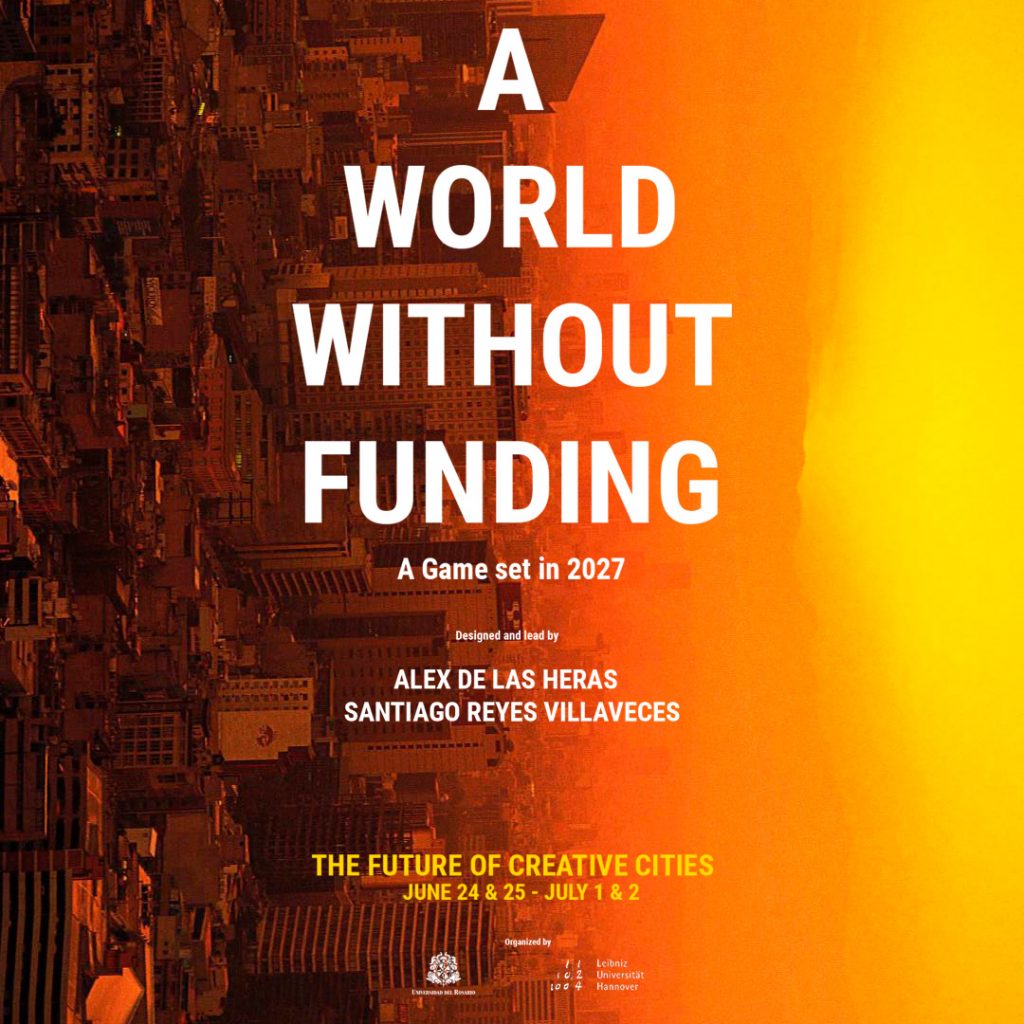
‘A World Without Funding’ is designed to provide a pedagogical perspective on understanding and engaging with the concept of the future, contemplating the possible, the plausible, and the desirable changes that may occur in our surroundings in the years to come.
In a highly accessible and hands-on approach, this workshop encourages participants to view the future as a practical tool for social and collective action. It invites you to engage in exercises that involve speculating, envisioning, and anticipating various future events. Through group discussions, we will explore different scenarios and contingencies, considering how contemporary events and trends can impact our ways of life.

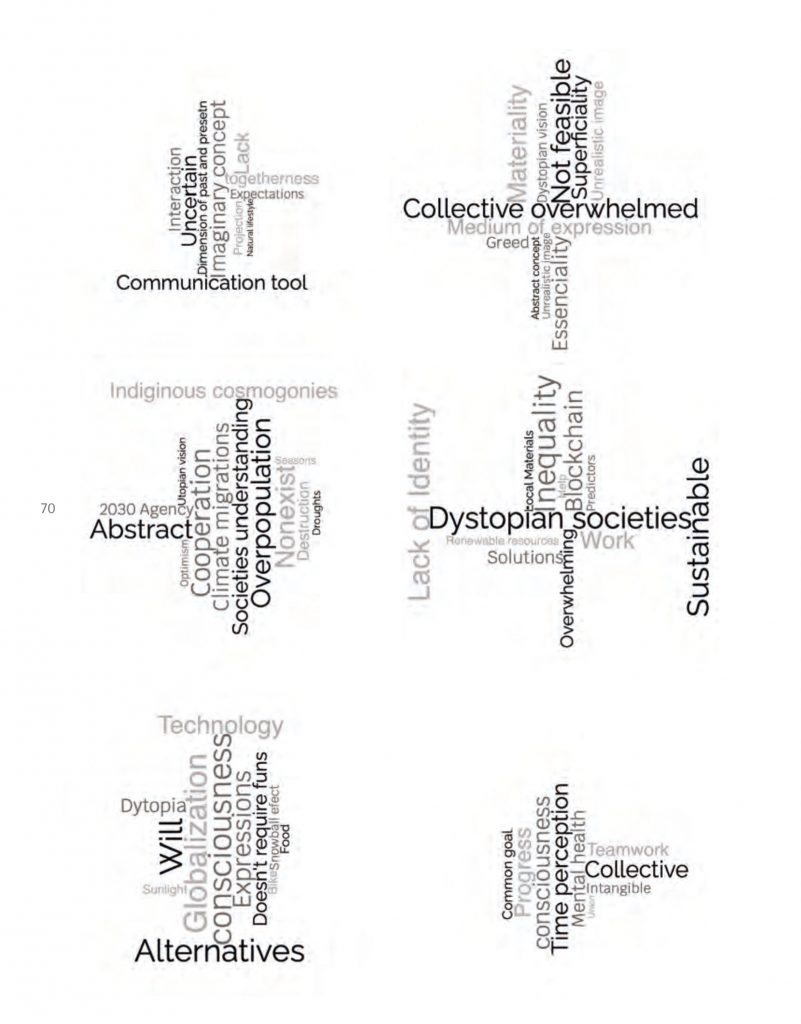
‘The World Needs to Get Water Smart’. The Haven beneath our Feet : Rama Al Aisami (LUH), Carolina Monroy (LUH)
By participating in this workshop, you will develop the skills to effectively utilize the concept of the future as a means to create new meanings, imaginative interpretations, and heightened sensitivities. You will also gain insight into the potential for alternative scenarios.
It’s important to note that while various cultural perspectives may view time differently, this workshop predominantly adopts a Western viewpoint of the future as an unfolding, predictable, and evolutionary aspect of the timeline, encompassing past, present, and future. This perspective is intended to be a common reference point for our explorations.




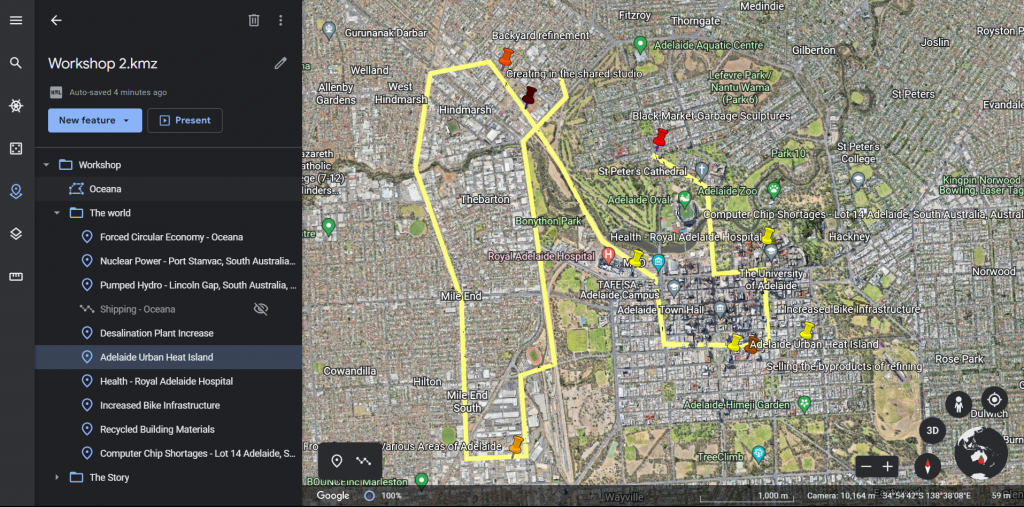
The End of Globalization: Damien Simmons (UniSA)
The Scenario
Global temperatures continue to rise, according to a sobering new report on the state of the world’s climate by the UN’s Intergovernmental Panel on Climate Change (IPCC), having the world warmed 2 degrees Fahrenheit (1.1 degrees Celsius) since the industrial age. Based on current trends in global energy use and recent climate policy, by the year 2032 the world will be hotter and the weather will be more dangerous, but the worst climate impacts will be averted and most societies will be able to adapt. In others, global cooperation will be fractured by nationalism, increasing poverty, soaring emissions, and unimaginably hot weather. In this sense, adaptation will depend heavily on a world cooperative narrative, in which wealthy countries help less wealthy countries.
In this scenario, all regions of the world will be affected by some extremes whereas some parts of the world will not be liveable anymore. Nearly every country on the planet will be hit by intensifying heat waves, more rainfall, or worsening drought. Tropical cyclones will change character: becoming more powerful, moving more slowly over land, and dropping so much more rain that flooding will often cause more damage than the wind. Wildfires will break out in areas suffering from heat waves and drought.

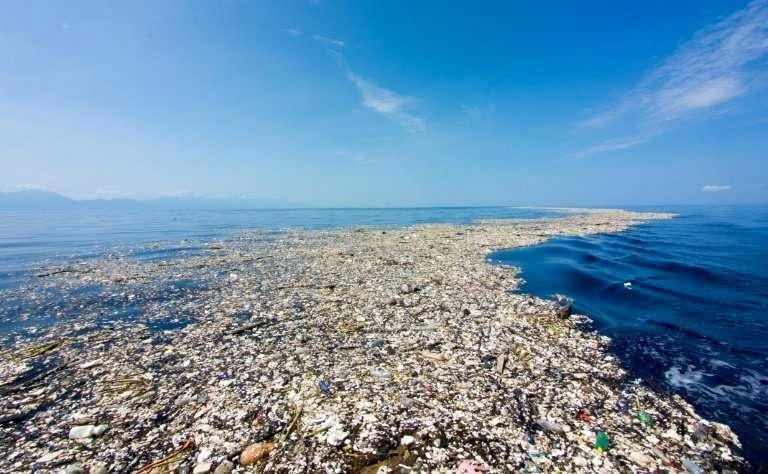
Under a relentless confluence of drought, flood, bankruptcy, starvation and political chaos, many will be forced to migrate and flee. By 2040, more than twenty million people will have moved toward the Middle East, Europe and North America, streaming toward the coast and the cities, remapping the world’s population.
With the climate emergency as the focal point, nations have come together to confront global warming. This collaboration has led to drastic measures, including the elimination of all public and private funding for arts and humanities. As a result, art institutions have pivoted their mission to tackle pressing global issues such as climate change and poverty.
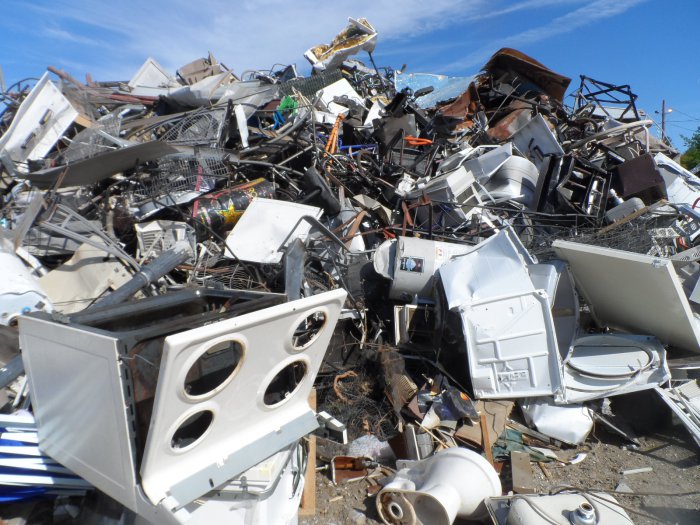

Our workshop invites you to step into this reimagined world. You’ll explore how art, once primarily a vehicle for creative expression, has now become a powerful tool for addressing critical global challenges. Art institutions have transitioned into hubs for knowledge-sharing, creating new tools, methods, and tactics to help society navigate the present and shape a sustainable future.
Join us in this workshop to delve into the complexities of a world where art’s purpose is intrinsically aligned with urgent global priorities. It’s an opportunity to contemplate how creativity, innovation, and artistry can continue to thrive, even in the face of significant adversity, as they strive to make the world a better place.

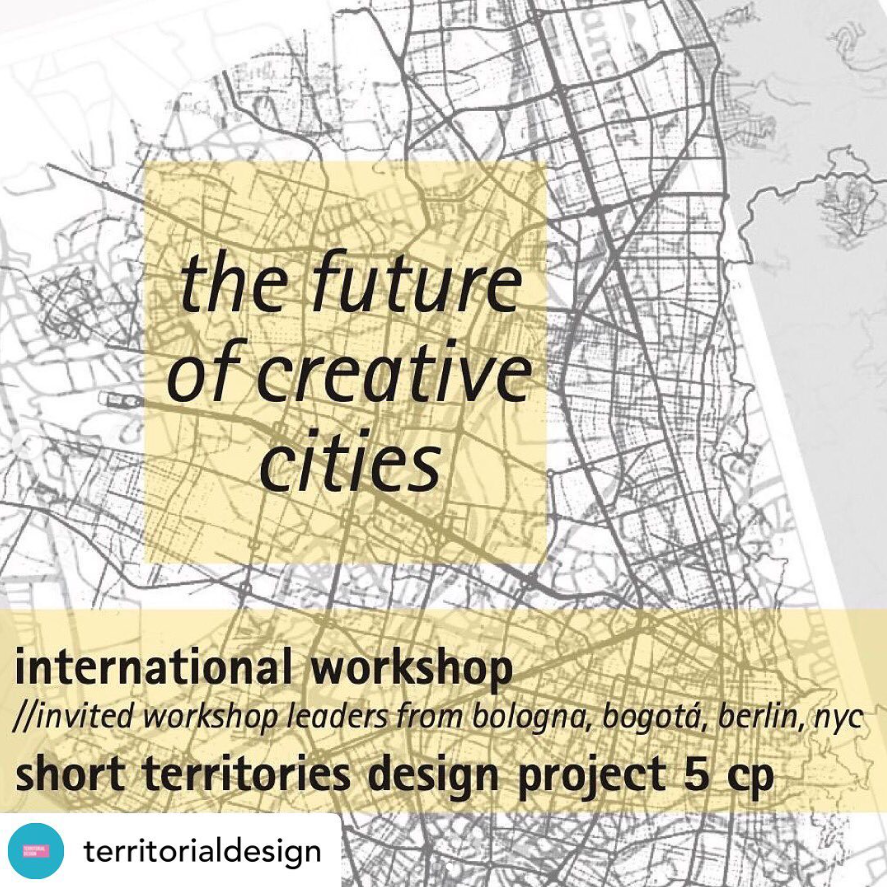
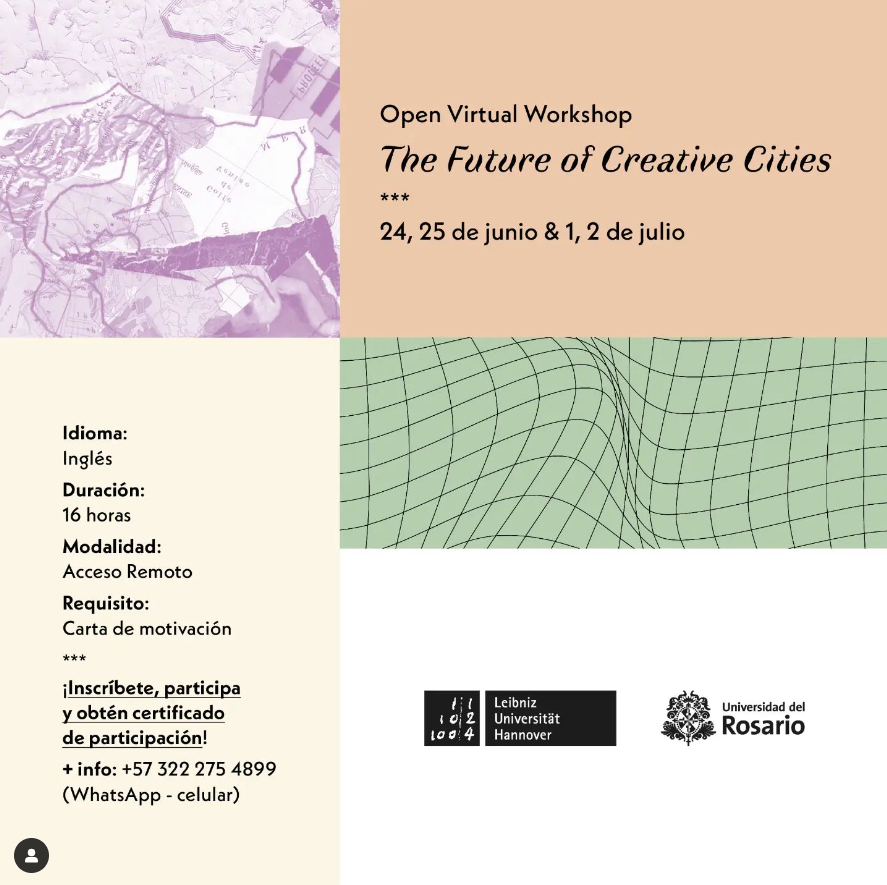
Selected works:
The World Needs to Get Water Smart: Rama Al Aisami (LUH), Carolina Monroy (LUH).
The End of Globalization: Damien Simmons (UniSA).
Globalization is Dead: Vanessa Lébolo (UNorte), Daniela Manjarrés (UNorte).
The Great Pacific Garbage Patch: Edward Zambrano (USalle), Silvana Zambrano (USalle).
Here you can read a PUBLICATION by THE FUTURE OF CREATIVE CITIES: A Bogotá – Hannover Workshop exchange in which we participated in 2021.